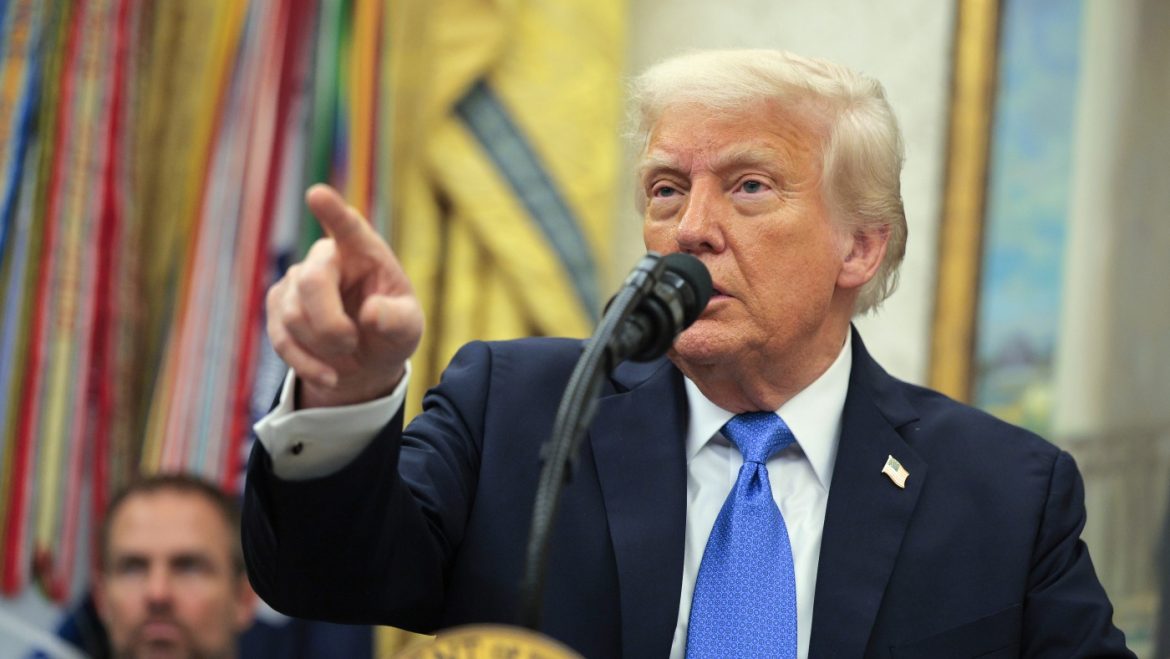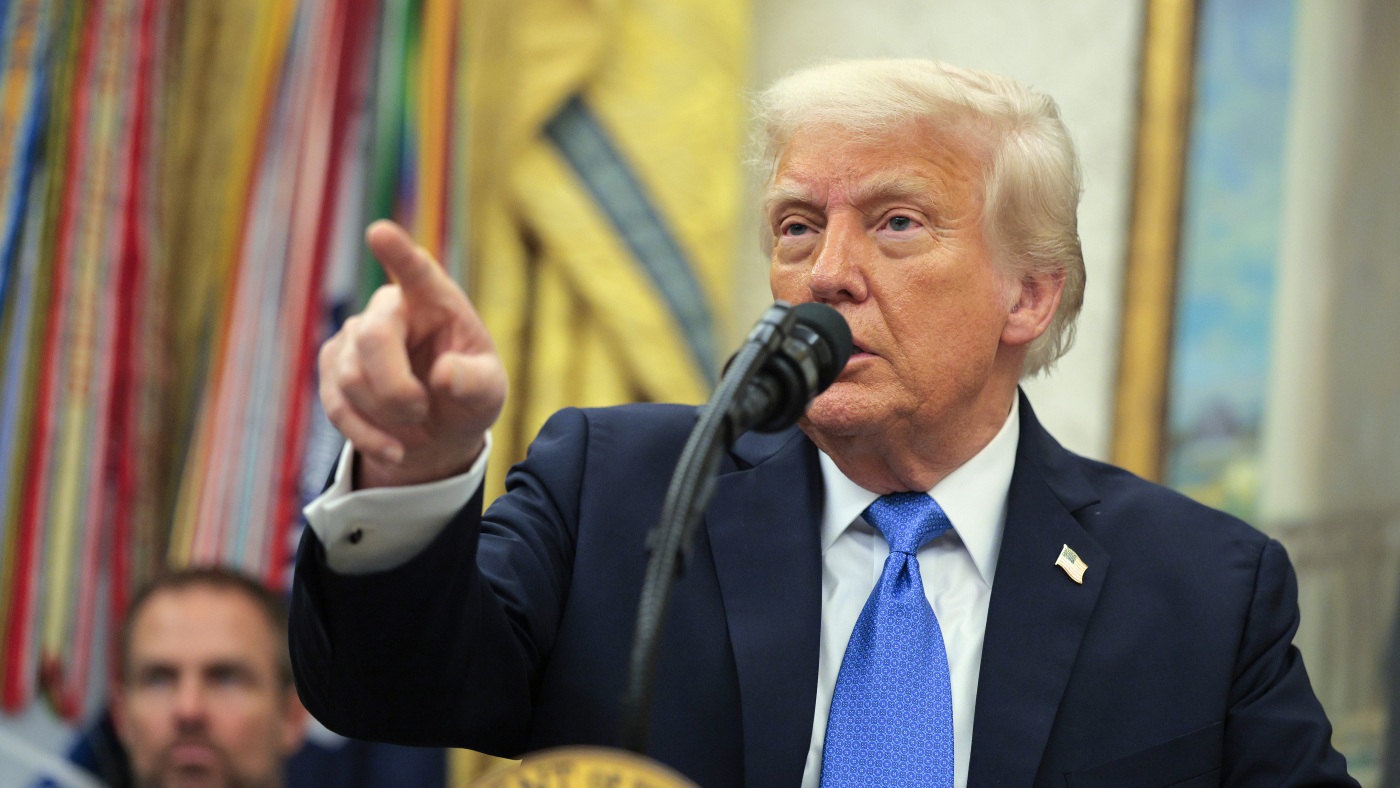The recent announcement of former President Joe Biden’s prostate cancer diagnosis has generated a complex and multifaceted reaction across the American political landscape. This report unpacks the varied responses, with particular focus on former President Donald Trump’s evolving statements, the political implications, and the broader discourse surrounding transparency, health, and leadership.
Introduction: A Diagnosis That Captured National Attention
The news that Joe Biden was diagnosed with an aggressive form of prostate cancer, which had spread to his bones, emerged from his office on May 16. The disclosure confirmed widespread public and media speculation about the severity of the illness and sparked an immediate wave of responses from political figures and the public alike. While many extended sympathy and support, the announcement also stirred controversy, particularly surrounding the timing and transparency of the disclosure.
Trump’s Initial Compassion and Subsequent Skepticism
Former President Donald Trump’s initial reaction was notably measured compared to his typical rhetorical style. On the day Biden’s diagnosis was announced, Trump expressed sincere sympathy, stating that he and Melania were saddened by the news and wished Biden a speedy and successful recovery. This composed response suggested a momentary setting aside of partisan rivalry in light of a serious health revelation.
However, this tone shifted considerably in the days that followed. By Monday after the announcement, Trump began to question, without providing evidence, the timing of Biden’s disclosure. He suggested that there might have been a deliberate delay or cover-up by Biden’s team, insinuating that the diagnosis existed before the public was informed. Trump cited it as part of a broader pattern of alleged obfuscation from Biden’s White House, casting doubt on the transparency surrounding the former president’s health.
Emergence of Allegations and Calls for Transparency
Beyond Trump’s statements, several of his allies and some medical professionals stepped forward echoing similar concerns. Notable figures such as Rep. Ronny Jackson, a former White House physician allied with Trump, wished Biden well but also floated the possibility that Biden’s doctors could have deliberately concealed the diagnosis. Other voices in conservative media and politics questioned whether the public had been misled about Biden’s health to maintain an image of robust fitness for office.
This narrative gained traction amid a backdrop of skepticism regarding Biden’s mental acuity and fitness for leadership, a topic under intense scrutiny, especially with the ongoing backdrop of the 2024 presidential election. The timing of revelations, paired with suspicions around the White House’s prior health disclosures, fueled conspiratorial questions about a potential cover-up, despite the absence of concrete evidence.
Bipartisan Outpouring of Support and Public Reaction
Contrasting sharply with the suggestions of concealment, many political leaders from across the aisle offered empathetic public support. Statements of sympathy and solidarity poured in from Democratic and Republican figures alike, underscoring moments of bipartisanship in the face of personal health struggles. These responses emphasized common humanity transcending political differences.
Moreover, media commentators and public health experts urged a respectful pause on political speculation and the airing of doubts regarding Biden’s cognitive capabilities, especially in light of his health challenges. Some called for a focus on treatment and recovery over politicization of the diagnosis.
The Broader Implications on Leadership and Public Trust
The Biden cancer diagnosis and the subsequent discourse expose deep fissures in how health disclosures by political leaders are interpreted and politicized. While leaders face intense scrutiny about their physical and mental fitness, the boundary between legitimate concern and politically motivated skepticism often blurs.
The controversy over the timing and transparency of Biden’s diagnosis highlights a broader challenge in American politics: balancing privacy and public’s right to know important health information. The persistent focus on whether the diagnosis was hidden raises questions about the standards to which political figures are held and how transparency is negotiated in the public realm.
Conclusion: Navigating Health, Leadership, and Political Narrative
Joe Biden’s prostate cancer diagnosis has triggered more than just concern for his health; it has reignited contentious debates over transparency, trust, and the politicization of personal medical information. While former President Trump’s shift from condolence to suspicion illustrates the volatile nature of political discourse, it also reflects broader societal tensions over leadership and credibility.
The public and political leaders alike face the task of balancing scrutiny with empathy, ensuring the conversation remains grounded in facts rather than speculation. Ultimately, how this episode shapes perceptions of Biden’s leadership and health transparency will depend on forthcoming disclosures and the evolving political environment, making this a critical moment for reflecting on the intersection between health and governance in modern democracy.


